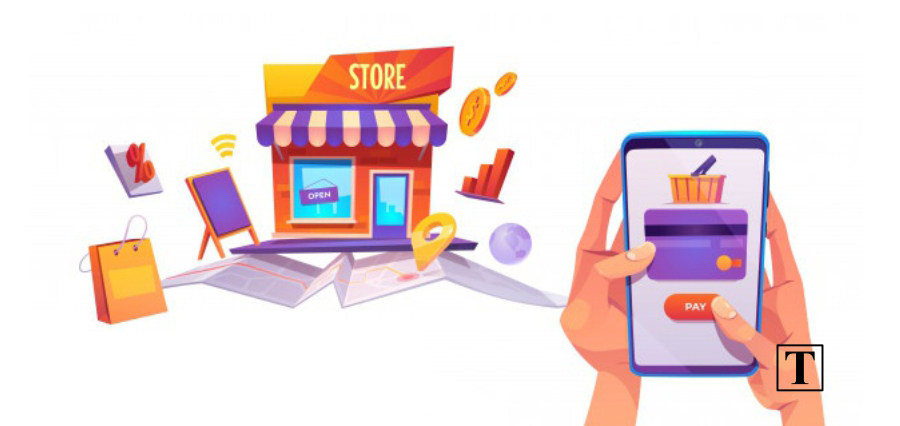The pandemic has had different effects on each aspect of our lives. The last two years have been challenging for most of us – mentally, physically, and financially. For the digital economy, however, the pandemic spelled growth.
The financial constraint has been a stark reality. People have lost jobs or half of their pay during the pandemic. This has resulted in people thinking twice(or more) before they spend. The way people shop has also changed. They now prefer to shop online to avoid exposure to the deadly virus or for their ease.
The change in spending behavior has made retailers and financial institutions look for new ways to engage people to spend. Buy Now Pay Later (BNPL) is one such innovative way that has become popular with the increase in online shopping since 2020.
What is buy now, pay later? Is it different from a credit card?
Buy Now, Pay Later or BNPL is a payment plan for people who want to make a purchase but do not have enough funds to make complete payments outright but are willing to pay in installments. It is a sort of unsecured loan where the lending happens without collateral. Young and middle-aged shoppers are more inclined to use BNPL financing plans. While young shoppers have less credit, while middle age shoppers are wedged by the attractive thought of paying in installments.
Both BNPL and credit card payment plans involve overdue payments. But, how is it different from a credit card? BNPL plans allow the customers to purchase by paying in installments. Unlike a credit card, BNPL plans do not charge any interest or fees.
With a credit card, customers can only purchase according to their credit limit and are required to make minimum due payments. The interest needs to be paid on the rest of the amount till the entire amount is paid off. However, it rewards the consumers in the form of points, cashback, or miles.
Should we buy now or pay later?
Many people have fewer funds or do not have credit cards, and want to opt for an interest-free payment option to make a purchase. Big retailers such as Affirm, Amazon, AfterPay, Flipkart, and Paytm are aiming for such people with BNPL plans. These providers offer a BNPL scheme at the point of sales with interest-free payments.
It is easier to set up and consumers can also opt for automatic payments. Anyone can apply for a BNPL plan without passing a hard credit inquiry. Even the consumers who do not have a decent financial profile can qualify for the BNPL scheme.
The downside of Buy now, pay later
The scheme of paying later in installments is alluring many people across the globe. It encourages consumers to buy more products and overstrain their finances. This scheme also attracts the people who are already in debt, cannot afford to buy items, and are struggling to pay off existing bills and is not a good option for them.
BNPL companies do not charge interest but they do charge late fees in case of missed or late payment. Also, the credit history of a consumer gets affected if the company reports the late or missed payment to the credit bureau.
Consumers should read the terms and conditions before making a purchase. In case the product is damaged, the BNPL companies do not provide the dispute protections like credit cards, and returning the products can be a hassle. Unlike credit cards, there are no rewards like points or cashback.
To conclude, the idea behind the BNPL financing scheme is that people can buy the things they need and get some added time to pay off completely within the payment schedule. This may seem appealing, but it is important to plan to budget and understand the terms and conditions of making the payment.


